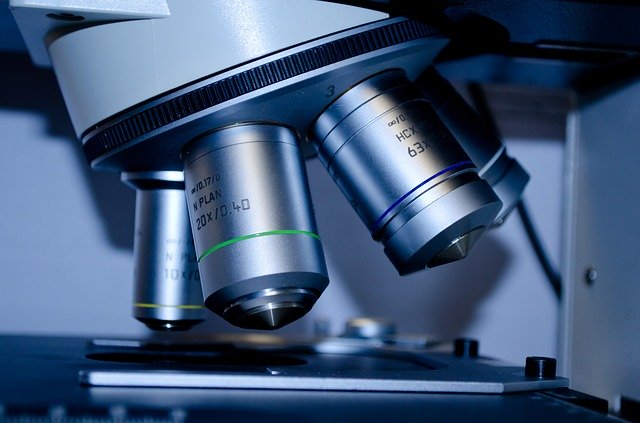Laboratory tests show promise for the cancer drug, dichloroacetate to reduce cell growth and lactate production in endometriosis cells.
Endometriosis is a gynecological disorder that affects over 176 million women worldwide. Endometriosis arises from the growth of endometrial tissue in locations outside of the uterus, most commonly along the pelvic wall, fallopian tubes, and ovaries. At these sites, blood and tissue from endometrial breakdown have no way of exiting the body, which leads to inflammation, swelling, and scarring of the normal surrounding tissue. This produces debilitating symptoms of chronic pain, tiredness, and infertility in women.
There is no cure for endometriosis and current management options are limited to surgery and hormonal medication. While surgical removal of endometrial growths from the pelvic organs is the treatment of choice, fifty percent of patients experience regrowth after five years. Current hormone-based medications are primarily contraceptive in nature and pose the challenge of limited efficacy plus undesired side-effects.
To address the need for new and non-invasive medical treatments, researchers from the University of Edinburgh decided to exploit the cancer-like features of endometrial cells. Namely, endometrial tissue may rely on a similar mode of energy production to tumours. Cells from the pelvic wall of women with endometriosis have been shown to produce higher amounts of lactate, a harmful by-product of anaerobic glycolysis, which is a hallmark feature of cancer cell metabolism. In tumors, lactate promotes cell invasion, blood vessel formation, and immune suppression. The authors hypothesized that increased lactate production may drive the formation of endometrial lesions in a similar manner.
The researchers tested this theory by administering the small-molecule cancer drug, dichloroacetate in cell and mouse models of endometriosis. Human peritoneal mesothelial cells were collected from the pelvic cavity of women who visited a pain clinic with a diagnosis of endometriosis. Cells treated with dichloroacetate exhibited a decrease in lactate secretion and corresponding cell proliferation, suggesting that abnormal cellular metabolism was corrected in response to the drug. Next, the authors administered oral dichloroacetate to a preclinical mouse model of endometriosis. Notably, they observed a significant reduction in the size of endometriosis lesions. The findings were outlined in the Proceedings of the Natural Academy of Sciences.
Andrew Horne, lead author of the study and professor at the MRC Centre for Reproductive Health at University of Edinburgh, described the clinical applications of the research: “Endometriosis can be a life-changing condition for so many women. Now that we understand better the metabolism of the cells in women that have endometriosis, we can work to develop a non-hormonal treatment. Through a clinical trial with dichloroacetate we should be able to see if the conditions we observed in the lab are replicated in women.”
Written by Cheryl Xia, HBMSc
References:
- Horne, A. W. et al. Repurposing dichloroacetate for the treatment of women with endometriosis. Proc Natl Acad Sci USA 201916144 (2019) doi:10.1073/pnas.1916144116.
- Canning, S. Endometriosis could be treated with cancer drug, study suggests. EurekAlert! (2019).
Image by PublicDomainPictures from Pixabay



